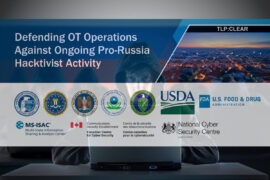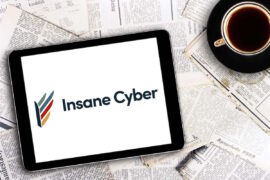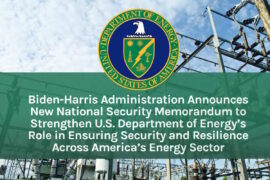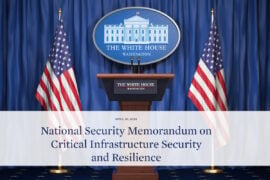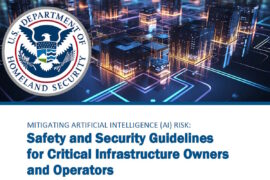NATO Madrid Summit Declaration strengthens cyber posture, as members assess threats from China, Russia
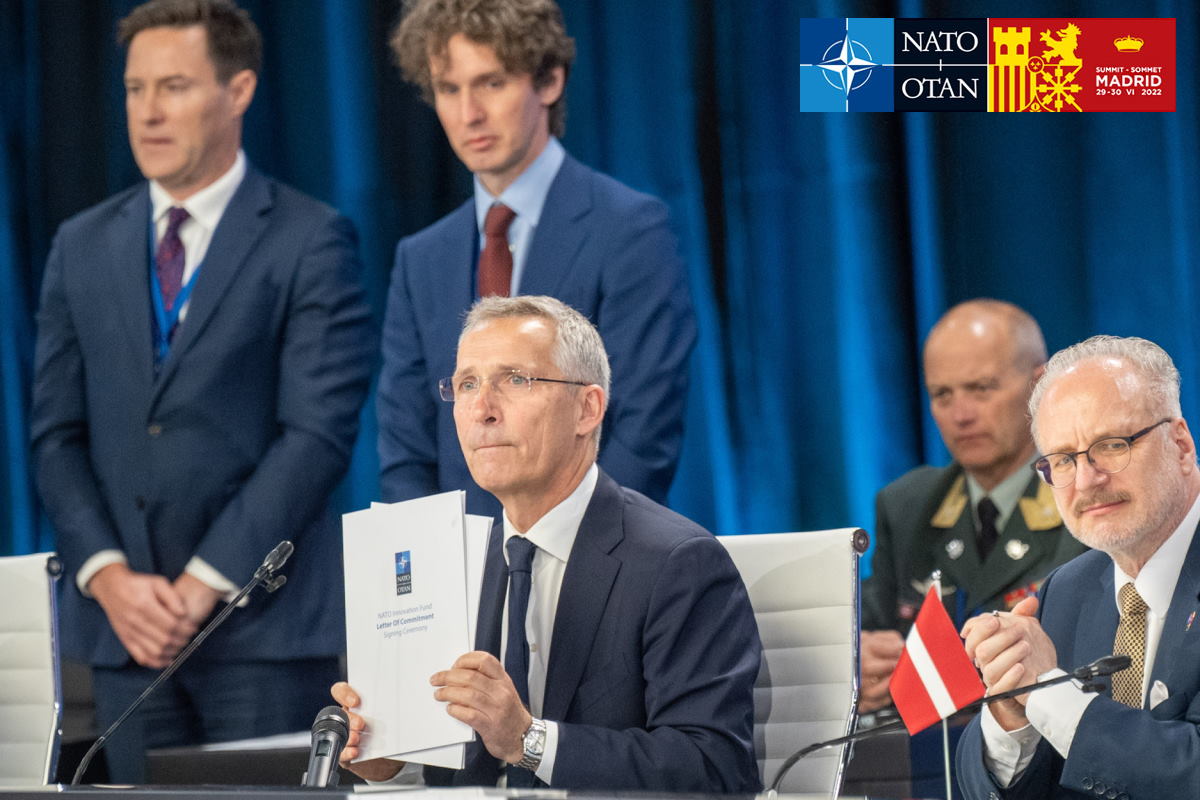
The North Atlantic Treaty Organization (NATO) assessed the confrontation of cyber, space, hybrid, and other asymmetric threats, and the malicious use of emerging and disruptive technologies. It also evaluated systemic competition from those, including the People’s Republic of China, who challenge ‘our interests, security, and values and seek to undermine the rules-based international order.’
The Madrid Summit Declaration has been issued by NATO heads of state and government participating in the meeting of the North Atlantic Council in Madrid. It also said that the Russian Federation is the most significant and direct threat to the allies’ security and to peace and stability in the Euro-Atlantic area.
In light of this backdrop, NATO has endorsed a new Strategic Concept that describes the security environment facing the Alliance, “reaffirms our values, and spells out NATO’s key purpose and greatest responsibility of ensuring our collective defence based on a 360-degree approach. It further sets out NATO’s three core tasks of deterrence and defence; crisis prevention and management; and cooperative security,” it added.
NATO said that it “will continue and further step up political and practical support to our close partner Ukraine as it continues to defend its sovereignty and territorial integrity against Russian aggression.”
Jointly with Ukraine, “we have decided on a strengthened package of support. This will accelerate the delivery of non-lethal defence equipment, improve Ukraine’s cyber defences and resilience, and support modernising its defence sector in its transition to strengthen long-term interoperability. In the longer term, we will assist Ukraine, and support efforts on its path of post-war reconstruction and reforms,” the agency added.
NATO has also “set a new baseline for our deterrence and defence posture. NATO will continue to protect our populations and defend every inch of Allied territory at all times. We will build on our newly enhanced posture, and significantly strengthen our deterrence and defence for the long term to ensure the security and defence of all Allies. We will do so in line with our 360-degree approach, across the land, air, maritime, cyber, and space domains, and against all threats and challenges. NATO’s role in the fight against terrorism is an integral part of this approach,” it added.
Resilience is a national responsibility and a collective commitment, NATO said. “We are enhancing our resilience, including through nationally-developed goals and implementation plans, guided by objectives developed by Allies together. We are also strengthening our energy security. We will ensure reliable energy supplies to our military forces. We will accelerate our adaptation in all domains, boosting our resilience to cyber and hybrid threats, and strengthening our interoperability,” it added.
NATO said it will employ “our political and military instruments in an integrated manner. We have endorsed a new chemical, biological, radiological and nuclear defence policy. We will significantly strengthen our cyber defences through enhanced civil-military cooperation.”
The agency will also expand partnerships with the industry. “Allies have decided, on a voluntary basis and using national assets, to build and exercise a virtual rapid response cyber capability to respond to significant malicious cyber activities,” it added.
NATO is also establishing a Defence Innovation Accelerator and launching a multinational Innovation Fund to bring together governments, the private sector, and academia to “bolster our technological edge. We have endorsed a strategy which will ensure the seamless delivery of the next-generation Airborne Warning & Control System (AWACS) and related capabilities,” it added.




